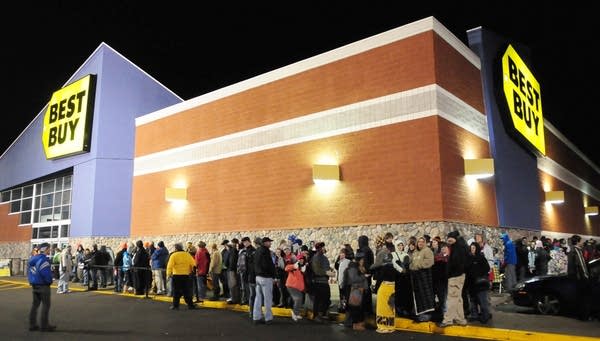What's missing from the Minnesota transportation debate

Road projects in Baxter, Minn. brought a number of big-box chains to the city, but now officials are trying to figure out how to fund upkeep on the infrastructure.
AP Photo/Brainerd Dispatch, Steve Kohls
Go Deeper.
Create an account or log in to save stories.
Like this?
Thanks for liking this story! We have added it to a list of your favorite stories.


